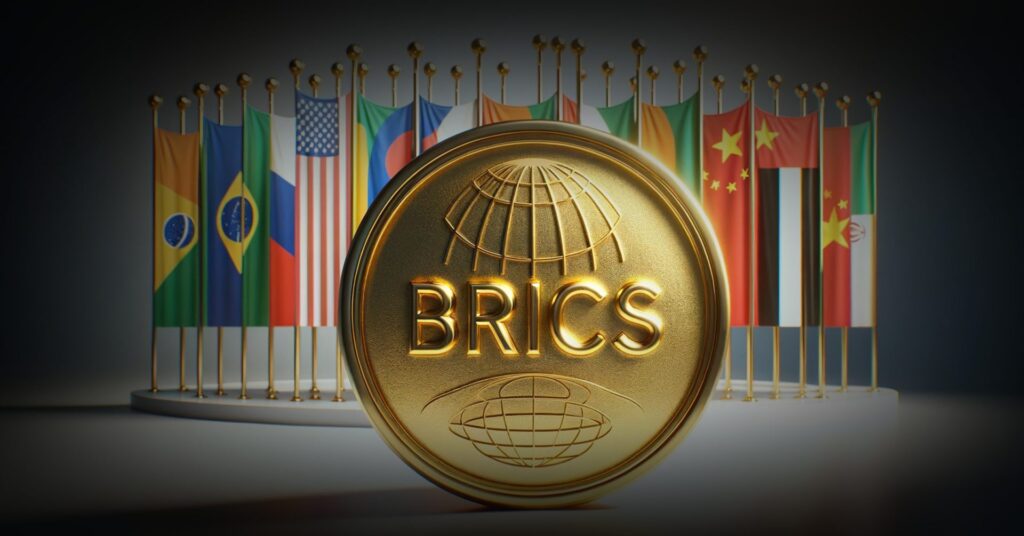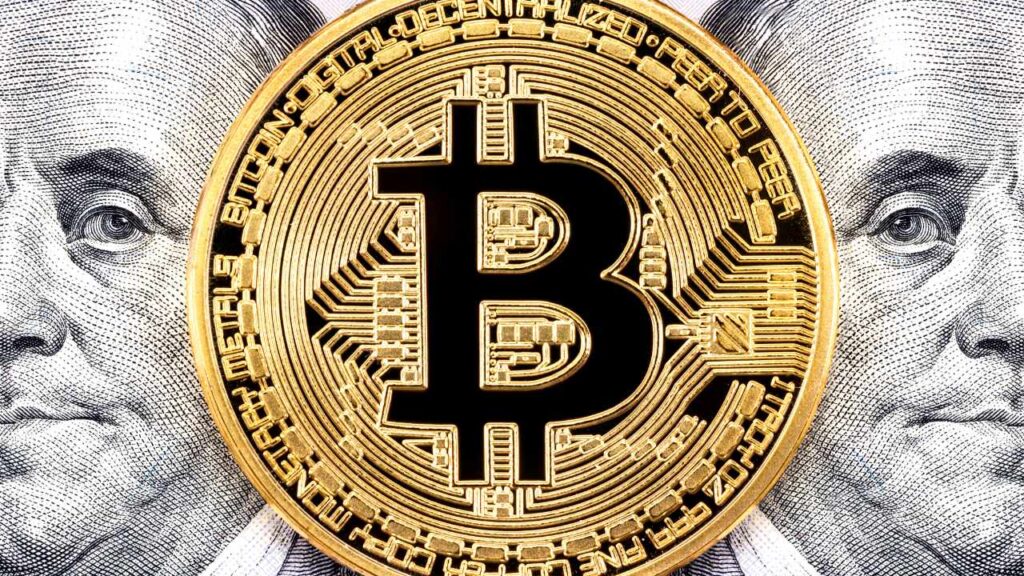
The cryptocurrency world is abuzz with excitement following reports that the BRICS nations (Brazil, Russia, India, China, and South Africa) are contemplating the launch of a stablecoin tailored for international trade settlements. this potential move, perceived by many as a direct challenge to the supremacy of the US dollar, has elicited a spectrum of reactions within the crypto sphere.
Advocates of the BRICS stablecoin perceive it as a significant stride towards de-dollarization. By introducing a currency supported by the collective economic might of the BRICS alliance, member countries could potentially diminish their reliance on the US dollar for global transactions. this shift could result in more stable exchange rates and enhanced autonomy over their financial frameworks.
Arjun Reddy, a blockchain developer based in Bangalore, India, remarked, ‘A BRICS stablecoin could revolutionize the landscape, providing a dependable and efficient alternative to the dollar, particularly for intra-member trade.’
The BRICS initiative has also captured the interest of XRP enthusiasts. XRP, a cryptocurrency tailored for swift and cost-effective cross-border payments, could serve as the foundational technology for the BRICS stablecoin. This speculation has triggered a surge in XRP’s value, underscoring the potential repercussions of the BRICS endeavor on existing digital currencies.
Nevertheless, skeptics urge caution. Some experts highlight the logistical complexities associated with establishing and overseeing a stablecoin supported by multiple nations with divergent economic policies.
Others cast doubt on the global adoption prospects of a BRICS stablecoin, given the entrenched dominance of the US dollar in global trade. Layla Khan, a financial analyst from Johannesburg, South Africa, noted, ‘The success of this stablecoin hinges on trust and widespread acceptance. While the BRICS economies wield influence, persuading the world to transition from the dollar will pose challenges.’
The regulatory environment surrounding cryptocurrencies poses another obstacle. With international crypto regulations still evolving, the BRICS nations would need to navigate a convoluted array of legal frameworks to ensure the seamless operation of the stablecoin.
In essence, the proposal for a BRICS stablecoin presents an intriguing development with the potential to reshape the global financial arena. Despite existing challenges, the initiative signals a growing inclination towards diversification in international trade settlements. The crypto community eagerly anticipates whether this collaborative effort among the BRICS nations heralds a new era of financial innovation or fades away as an experimental endeavor.

